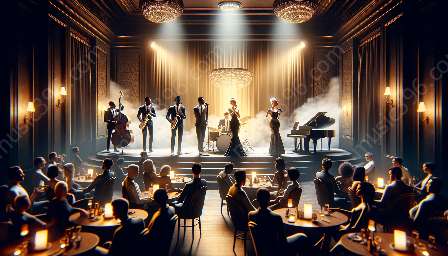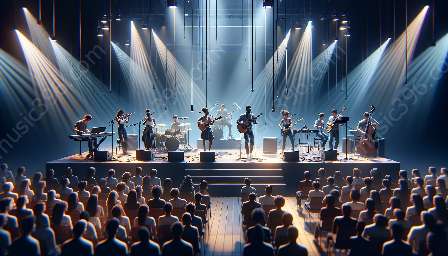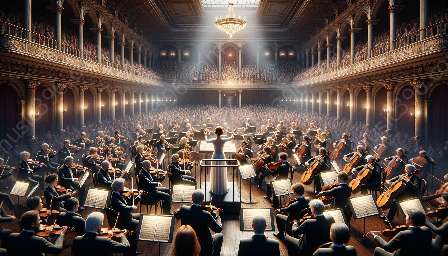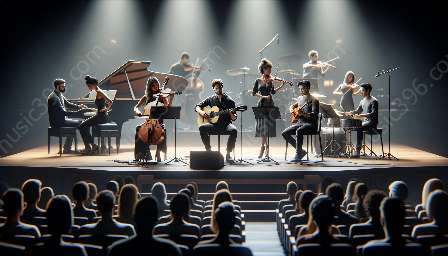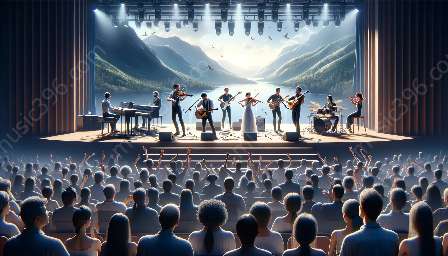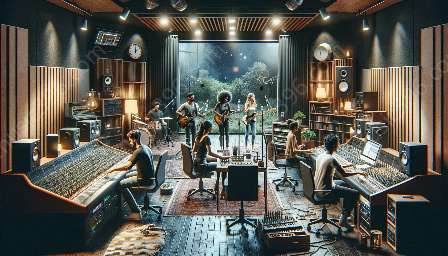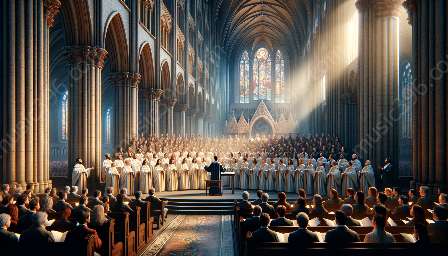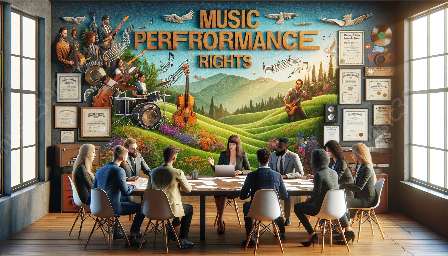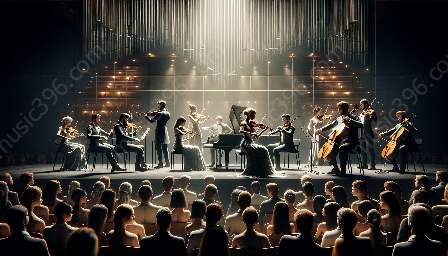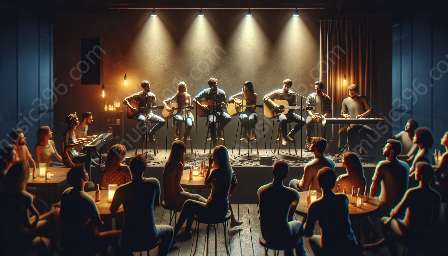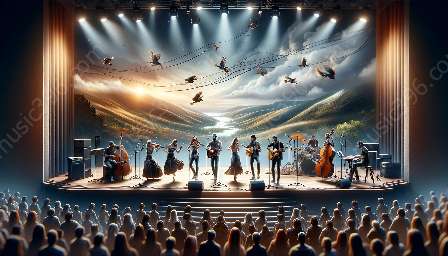Music performances are a vital aspect of the entertainment industry, and marketing plays a crucial role in attracting audiences to these events. Each genre of music requires a tailored marketing approach to effectively engage with the target audience and promote the upcoming music performances. In this topic cluster, we will delve into the world of music performance marketing, explore genre-specific strategies to maximize the success of music events, and highlight real-world examples of effective marketing campaigns.
Understanding Genre-Specific Marketing
Genre-specific marketing refers to the practice of tailoring promotional efforts to resonate with the preferences, interests, and expectations of audiences within a particular music genre. Different music genres have unique characteristics, cultural associations, and fan demographics, making it essential for marketers to understand the distinctive elements that define each genre.
Identifying Target Audiences
One of the foundational aspects of genre-specific marketing for music performances is the identification of target audiences. Marketers need to conduct thorough research to understand the demographics, preferences, and behaviors of the specific audience segments associated with each genre. By gaining insights into the target audience, marketers can develop highly targeted and effective promotional strategies.
Utilizing Genre-Related Channels
Each music genre has its own set of media channels, platforms, and communities that are popular among its fan base. Marketers can leverage genre-related channels such as music streaming platforms, radio stations, online forums, and social media groups to reach the desired audience and promote music performances effectively. By understanding the preferred communication channels of the target audience, marketers can optimize their promotional activities for maximum impact.
Real-World Examples of Genre-Specific Marketing
Below are real-world examples of successful genre-specific marketing strategies for music performances:
- Jazz Festival Promotion: A jazz festival marketing campaign utilized partnerships with jazz radio stations, featured artist interviews, and targeted social media promotion to engage with jazz enthusiasts and drive ticket sales.
- Electronic Dance Music (EDM) Event Campaign: An EDM event utilized influencer partnerships, visually stunning content on Instagram, and collaborative playlist placements on streaming platforms to reach the electronic music community and create buzz for the event.
- Classical Music Concert Promotion: To promote a classical music concert, the marketing team focused on partnerships with classical music publications, exclusive behind-the-scenes content, and targeted email campaigns to connect with classical music aficionados and orchestral music enthusiasts.
Case Studies in Music Performance Marketing
Let's explore two case studies that demonstrate the effectiveness of genre-specific marketing strategies for music performances:
Case Study 1: Rock Concert Promotion
A rock concert organizer implemented a genre-specific marketing strategy by:
- Partnering with rock music magazines and websites to feature event previews and interviews with the performing bands.
- Utilizing aggressive social media promotion with engaging video content and behind-the-scenes glimpses of band rehearsals to create excitement among rock music fans.
- Offering exclusive merchandise bundles and discounts to incentivize early ticket purchases and fan engagement.
The result of this targeted marketing approach was a sold-out rock concert with high attendee satisfaction and social media buzz, showcasing the impact of genre-specific marketing on music event success.
Case Study 2: Hip-Hop Festival Promotion
A hip-hop festival utilized genre-specific marketing tactics by:
- Collaborating with influential hip-hop artists and industry personalities to create buzz through endorsement and event promotion on their social media channels.
- Engaging with urban culture and lifestyle media outlets to attract hip-hop enthusiasts and build anticipation for the festival.
- Implementing location-specific guerrilla marketing tactics in urban areas with high hip-hop fan density to generate word-of-mouth hype and street-level awareness.
The festival experienced a significant increase in ticket sales and attendee diversity, demonstrating the effectiveness of tailored marketing strategies in connecting with specific music genres.
Conclusion
Genre-specific marketing strategies for music performances are essential for effectively reaching and engaging with diverse audience segments across different music genres. By understanding the unique characteristics and preferences of each genre, marketers can create impactful promotional campaigns, boost ticket sales, and enhance the overall experience for music enthusiasts. Whether it's jazz, EDM, classical, rock, hip-hop, or any other genre, genre-specific marketing can elevate the success of music performances and create memorable experiences for audiences.

